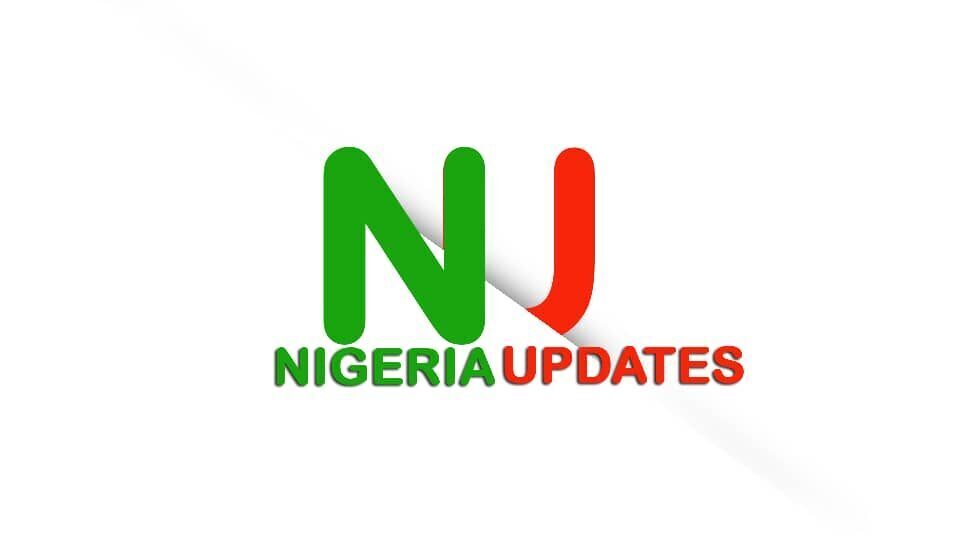Calls are growing for Nigeria to position itself as Africa’s first Formula 1 host, with experts and advocates highlighting the potential of the global sporting event to boost infrastructure, tourism, and international recognition.
Formula 1, the world’s premier motorsport, has become more than just a race for countries that have hosted it. Analysts argue that Nigeria—Africa’s largest economy—could harness the Grand Prix to accelerate development under President Bola Ahmed Tinubu’s Renewed Hope Agenda.
Lessons from Other Nations
Singapore’s entry into Formula 1 in 2008 transformed its economy and global image. Once seen as a risky venture, the Marina Bay Street Circuit now attracts over 100,000 tourists annually and has generated billions of dollars in revenue.
The United Arab Emirates followed a similar path. The Yas Marina Circuit in Abu Dhabi boosted tourism, created jobs, and signaled the country’s ambition to diversify its economy beyond oil.
Even Azerbaijan, a relatively small economy, rebranded itself globally after hosting its first race in Baku.
Nigeria’s Untapped Potential
Observers note that Nigeria, with its vibrant youth population and thriving creative industries in music, film, and fashion, already commands global cultural influence.
“Hosting Formula 1 would showcase another side of Nigeria—its readiness to lead, attract investors, and host world-class events,” said a policy analyst familiar with the discussions.
The push aligns with Tinubu’s ongoing reforms in infrastructure, energy, and the digital economy.
The Economic Argument
Figures from other host nations underscore the scale of opportunity. The Miami Grand Prix generates around $2 billion each year. Singapore’s races have brought in more than $1.5 billion since inception, while the UK’s British Grand Prix attracts nearly half a million fans annually, contributing hundreds of millions of pounds to the economy.
Analysts suggest that a Grand Prix in Lagos or Abuja would trigger upgrades in roads, airports, rail networks, hotels, and hospitals. It could also create thousands of jobs across engineering, sports management, tourism, hospitality, and local businesses.
Funding and Partnerships
Experts propose public-private partnerships as the best approach to fund the venture. Financial institutions, multinational investors, and brands in telecoms, aviation, and oil and gas are seen as potential sponsors.
“Nigeria doesn’t need to go it alone. With the right partnerships, the first Formula 1 race in West Africa could become a reality,” one industry executive suggested.
Beyond Economics: Shaping Perception
Beyond financial returns, advocates stress that Formula 1 could help Nigeria shift its global reputation.
“Hosting Formula 1 is about more than money. It would change how the world sees Nigeria—from stereotypes to a nation of resilience, creativity, and ambition,” another expert explained.
A Race Against Time
No African country currently hosts a Formula 1 race. While Rwanda has expressed interest, campaigners believe Nigeria’s size, influence, and global appeal make it a stronger contender.
Nigeria’s music, Nollywood films, and fashion are already celebrated worldwide. Advocates argue that it is time for its tourism and infrastructure to follow.
“Formula 1 is not just a race—it is a platform for transformation. The world is watching, and Nigeria must not miss this chance,” said a stakeholder championing the proposal.

 Nigeria News4 days ago
Nigeria News4 days ago
 Entertainment3 days ago
Entertainment3 days ago
 Sports7 days ago
Sports7 days ago
 Nigeria News6 days ago
Nigeria News6 days ago
 religion3 days ago
religion3 days ago
 Culture4 days ago
Culture4 days ago
 Nigeria News6 days ago
Nigeria News6 days ago
 Nigeria News7 days ago
Nigeria News7 days ago














